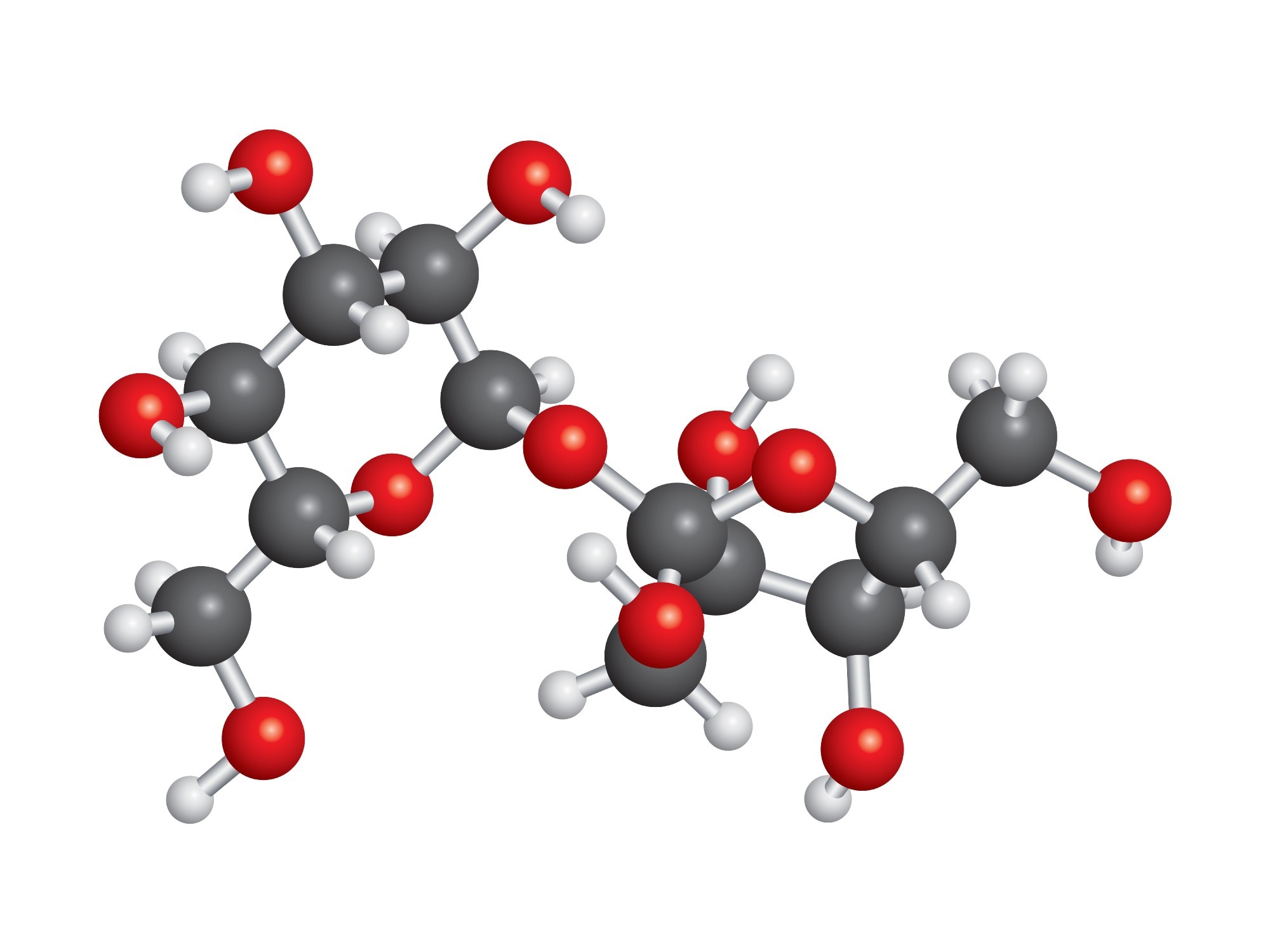Ingenious Polymers: Revolutionizing Modern Production
Ingenious Polymers: Revolutionizing Modern Production
Blog Article
Using the Power of Polymers: Recognizing the Substantial Usages and Positive Impacts
Polymers, with their varied chemical frameworks and properties, have become important in many markets, revolutionizing the way we engage with products on an everyday basis. As we check out the extensive uses of polymers and their role in forming an extra lasting, reliable, and cutting-edge future, it comes to be obvious that their possibility is as huge as the particles themselves.
Versatility in Everyday Products
One of the most typical uses of polymers is in product packaging products. Furthermore, polymers play a vital function in the automotive sector, where they are used in making lightweight components that boost gas performance.
Naturally degradable polymers are used in stitches and implants, decreasing the risk of unfavorable responses in people. In the construction sector, polymers are incorporated right into paints, adhesives, and insulation products, improving resilience and energy effectiveness.
Sustainability in Product Innovations
With the ongoing emphasis on ecological awareness and source efficiency, the focus changes in the direction of sustainability in product developments, reflecting a growing commitment to liable manufacturing methods throughout numerous sectors. In recent years, there has been a remarkable surge in the development of lasting products, specifically within the realm of polymers. These ingenious materials are designed to decrease ecological effect throughout their entire lifecycle-- from sourcing raw products to disposal or recycling.
One considerable aspect of sustainability in product innovations is the principle of biodegradability. Eco-friendly polymers have gathered attention for their ability to damage down naturally into safe results, lowering waste and pollution. Additionally, the use of recycled polymers originated from post-consumer or post-industrial sources is obtaining traction as a way of promoting a circular economic situation and lowering dependency on virgin materials.

Enhancing Performance in Engineering
Enhancing performance in design requires a thorough combination of advanced modern technologies and precise approaches to maximize capability and performance in numerous industrial applications. Polymers play a crucial duty in this endeavor, using a variety of benefits that enhance the performance of engineering materials and parts.
One key facet of boosting efficiency in engineering is the capacity of polymers to improve sturdiness and toughness. By incorporating polymers into engineering designs, producers can produce light-weight yet robust structures that can endure high levels of tension and strain. This particular is particularly beneficial in sectors such as aerospace, automotive, and construction, where the need for strong yet lightweight materials is paramount.
In addition, polymers can likewise improve performance by offering thermal and chemical resistance, minimizing friction, and improving electric conductivity. These homes make polymers suitable for a vast array of engineering applications, including seals, bearings, coatings, and digital elements. Polymers. By using the unique homes of polymers, engineers can maximize the performance of their designs and create much more reliable and dependable products
Influence On Clinical Innovations
Polymers have actually played a crucial function in modern clinical innovations, ranging from medication shipment systems to tissue design. One of the essential areas where polymers have actually made a significant effect is in the development of biodegradable sutures and implants.
In addition, polymer-based products are increasingly being made use of in clinical tools such as catheters, stents, and prosthetics because of their biocompatibility and adaptability. As an example, polymer coatings on clinical devices can this content stop infections and boost total individual results. Additionally, advancements in nanomedicine have actually made it possible for the usage of polymer nanoparticles for targeted medication distribution, enhancing the effectiveness and minimizing adverse effects of various medicines
Duty in Environmental Preservation

Moreover, polymers are utilized in water therapy processes, helping in the filtration and recycling of water sources. This assists in decreasing water pollution and guaranteeing access to clean water for both human intake and ecological health and wellness. Polymers likewise play a duty in agriculture via the development of eco-friendly mulches and controlled-release plant foods, promoting sustainable farming methods.
Final Thought
In verdict, polymers have proven to be a flexible and necessary material in various industries, from everyday products to engineering and medical innovations. Their influence on sustainability, performance improvement, and ecological conservation is significant. Understanding the extensive uses polymers highlights their importance in driving innovation and development in multiple fields. The continued exploration and utilization of polymers the original source will definitely cause additional improvements and favorable effect on culture.
Report this page